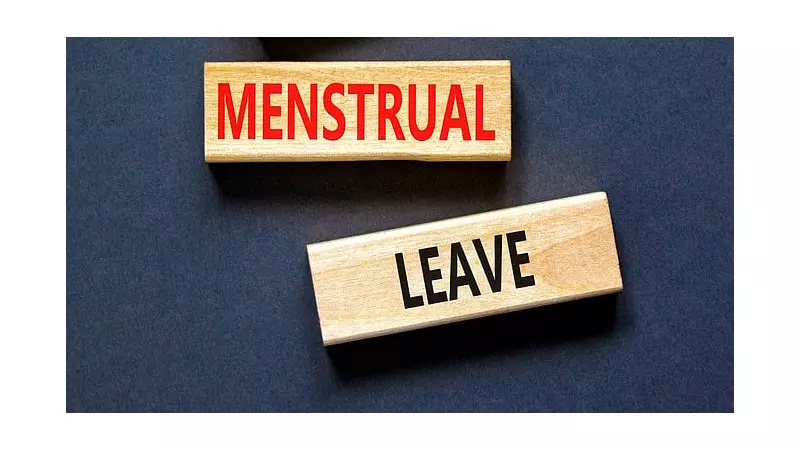
In corporate boardrooms and office spaces across India, a quiet revolution is brewing—one that challenges centuries-old taboos and redefines workplace equality. The conversation around menstrual leave is no longer whispered in hushed tones but demanded in clear, confident voices.
The Physical Reality Behind the Policy
For millions of women and menstruators, monthly cycles bring more than just inconvenience. Severe cramps, debilitating fatigue, migraines, and nausea can make basic functioning—let alone professional productivity—a monumental challenge. Yet the expectation remains: power through the pain, pretend nothing is happening.
Beyond Comfort: A Health Imperative
Menstrual leave isn't about coddling employees—it's about recognizing legitimate medical needs. Conditions like endometriosis, PCOS, and dysmenorrhea cause excruciating pain that over-the-counter medication often fails to address. By acknowledging these struggles, workplaces can become more inclusive and humane.
The Economic Argument You Haven't Considered
Contrary to popular belief, menstrual leave makes business sense. When employees are forced to work through severe pain, productivity plummets and error rates rise. A designated leave policy allows for proper rest and recovery, ensuring employees return at full capacity rather than operating at half-strength.
Breaking Cultural Barriers
In a country where menstruation remains shrouded in stigma—where sanitary pads are still handed over in black plastic bags—implementing menstrual leave policies does more than provide physical relief. It normalizes conversations about reproductive health and challenges deep-seated cultural shame.
The Global Perspective
While countries like Japan, South Korea, and Zambia have implemented various forms of menstrual leave, India stands at a crossroads. Several Indian companies have pioneered these policies voluntarily, but widespread implementation awaits legislative backing and broader social acceptance.
Addressing the Counterarguments
Critics worry about potential misuse or reinforcing gender stereotypes. However, well-structured policies with proper medical documentation can prevent abuse. More importantly, these policies acknowledge biological reality rather than discrimination—much like maternity leave.
The movement for menstrual leave represents more than just time off—it's about creating workplaces that recognize the full humanity of their employees, biological realities and all. As India marches toward gender equality in the professional sphere, acknowledging menstrual health isn't a concession—it's a necessity.






